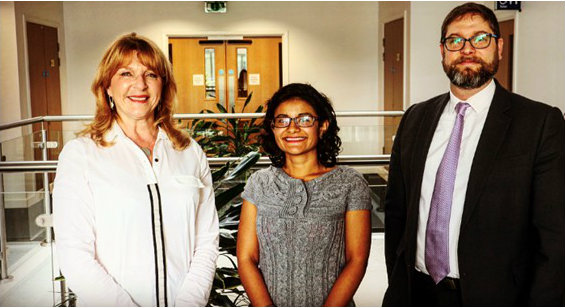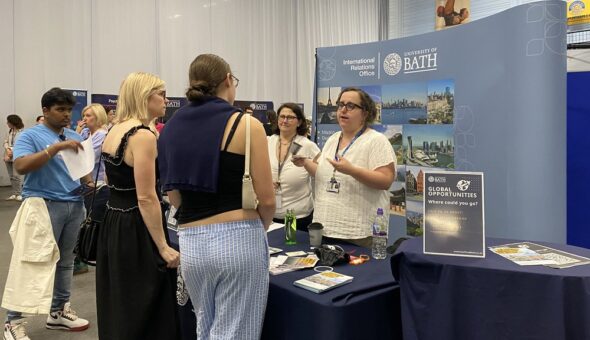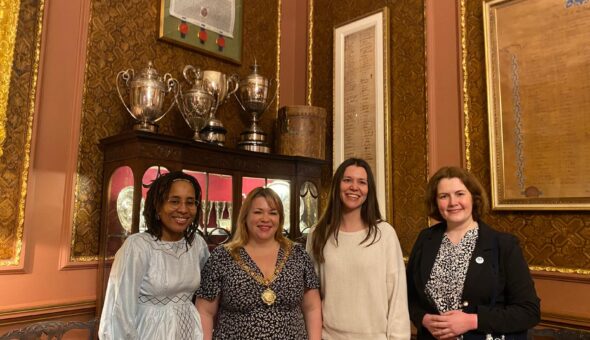A research sandpit focused on “health inequalities in older people” brought together a number of scholars and community members on the 8th and 9th March 2018 in Bristol.
Lecturers from the Department of Health at Bath, Dr Nikki Coghill and Dr Jessica Francombe Webb, received a GW4 initiator grant to fund and organise the sandpit with a focus on identifying and building a comprehensive network and database of researchers and older people with expertise in inequalities in older people across GW4 and from at least two low-middle income countries. The purpose for this was to develop some initiatives that would be spearheaded by the local communities of older people themselves, and to have these ideas ready to apply for suitable funding.
The sandpit involved international collaborators Nathaly Garzón-Orjuela from National University of Colombia (UNAL) and Dr Janet Ananias from the University of Namibia, both low to middle-income countries receiving official development assistance money. The GW4 alliance also brought together experts from the Universities of Bath, Bristol, Cardiff and Exeter. UNAL is one of our strategic partners. A Memorandum of Understanding was signed between the two institutions in 2014 and renewed in June 2017.

A number of researchers from different disciplines came together on the first day of the sandpit to develop potential areas for research projects aimed at reducing inequalities in health among older people. The sandpit provided a unique opportunity for scholars to not only collaborate with other academics, but also community representatives to ensure the project was led by the individuals living within these communities.
Tracey Stead facilitated the two-day event, which started with short presentations from the Universities of the GW4 Alliance and the international partners. Academics were encouraged to write their thoughts, ideas and potential research projects on post-it notes, which were collected and displayed on the wall. These ideas then became the centre of conversations and were organised into themes. The academics then split up into smaller groups to discuss the themes, which were centred around health inequalities in older people.
Day two included community representatives. They joined the group providing a whole new perspective and allowing a collaborative, community-led approach to be implemented. The community representatives came from a number of different areas, backgrounds and roles within their communities. For them to provide their insight and ideas to each theme, a round-table approach also known as ‘World Café’ style was implemented. This allowed the academics and community representatives to discuss the problems and potential projects around one theme and then rotate around the tables to contribute to the others.
This collaborative approach meant that by the end of the event, a number of potential community-led research projects were developed in readiness for any future related calls. Action points were generated to ensure momentum remains from this event and the academics and community representatives agreed on taking these ideas forward together.
Thank you to Dr Nikki Coghill and Megan Hill for writing this blog post.
Respond


